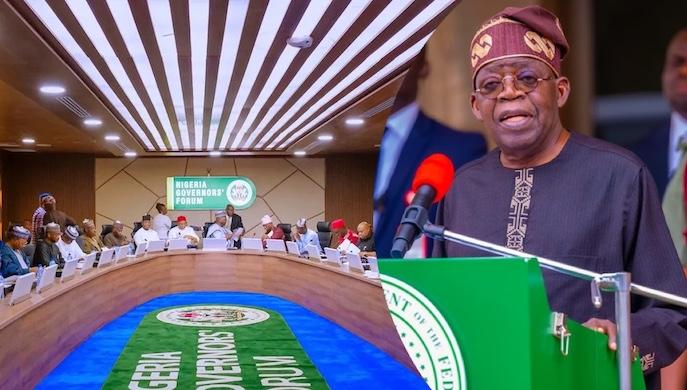Nigeria Protests U.S. Deportation of Citizens Through Ghana

The Federal Government of Nigeria has expressed strong concern over the deportation of 13 Nigerian nationals by the United States via Ghana, a move it says was carried out without prior consultation. The deportees, along with one Gambian, were flown out of the U.S. on a military cargo plane and handed over to Ghanaian authorities, despite having no legal or personal ties to the country.
Ghana’s Humanitarian Stand
Ghana’s Foreign Minister, Samuel Okudzeto Ablakwa, explained that Accra accepted the deportees strictly on humanitarian grounds, citing the country’s Pan-African commitments. According to him, several West African countries rejected the U.S. request before Ghana agreed to assist.
“We just could not continue to take the suffering of our fellow West Africans. We made it clear to the Americans that we will not accept one dollar, because taking the deportees comes with some financial burden,” Ablakwa said.
Nigeria Distances Itself
Nigeria, however, rejected the arrangement, stressing that its citizens should have been returned directly. Kimiebi Imomotimi Ebienfa, spokesperson for the Ministry of Foreign Affairs, clarified that Abuja only objects to the diversion of Nigerian deportees through third countries.
“Our citizens can be returned directly, and there is no reason to send them to another country first,” he stated.
Conflicting Reports on Deportees’ Whereabouts
According to Ghanaian government officials, all 14 deportees have since left Accra for their respective home countries. Ghana’s Minister for Government Communications, Felix Kwakye Ofosu, told the Associated Press that the Gambian had already flown home while the 13 Nigerians were sent by bus to Nigeria.
However, lawyers representing four of the Nigerians disputed this claim, telling the AP that their clients were still being held in a Ghanaian facility. Ofosu denied the allegation, insisting:
“None of them are staying in this country. Nobody is being held in any camp, and nobody’s rights have been abused.”
U.S. Mission Reaffirms Visa Policy
Meanwhile, the U.S. Mission in Nigeria has reiterated that visa application fees remain non-refundable and non-transferable. In a statement posted on its official X (formerly Twitter) account, the mission acknowledged the frustrations of Nigerians denied visas despite paying significant fees.
“Like most countries, U.S. visa fees cover the cost of processing the application, regardless of the outcome. While fees are non-refundable and non-transferable, each application is reviewed thoroughly and fairly. For best results, prepare your application carefully and use the resources on our website,” the statement read.








